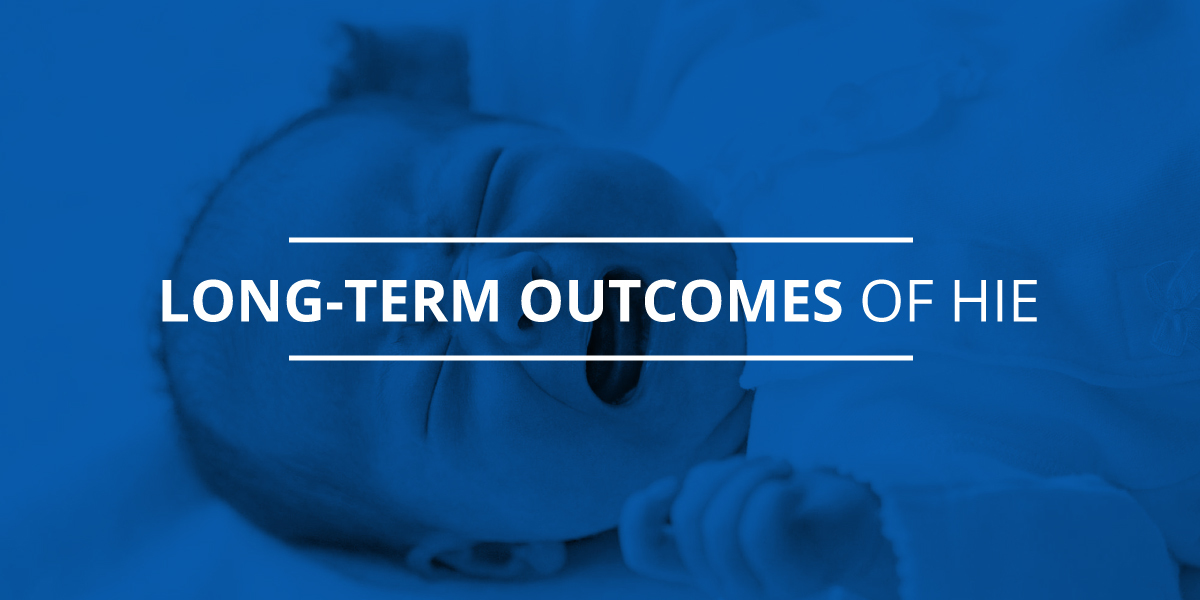Long-Term Outcomes of Hypoxic-Ischemic Encephalopathy

In Milne v. St Joseph’s Health Centre, the court determined that Jessy Gibson should have been born a healthy newborn. Tragically, as a result of the negligence in the management of his mother’s care during labour and Jesse’s care during his delivery, Jessy suffered catastrophic brain damage from oxygen deprivation.
As a result of this negligence, Jessy suffers from hypoxic-ischemic encephalopathy (HIE) which has caused a neuromuscular disorder called cerebral palsy.
Today, he is dependent on others for his care 24 hours a day. Jessy is unable to communicate or even feed himself. Jessy will never be able to live a normal life. He also suffers from spastic diplegia, a condition where his limbs cannot be controlled. Jessy Gibson also has visual impairments brought on by his brain injury.
What Is Hypoxic-Ischemic Encephalopathy?
Hypoxic-Ischemic Encephalopathy (HIE) is damage to the brain that happens as a result of oxygen deprivation in the hours leading up to the child’s birth or during delivery. The resulting brain damage may cause a variety of disabilities that depend on the area of the brain affected by the oxygen deprivation.
Causes of Hypoxic-Ischemic Encephalopathy
There are many possible causes of HIE including:
- Malformed lungs
- Trauma to the brain
- Placenta asphyxiation
- Congenital brain defects
- Intrapartum hemorrhage
- Umbilical cord complications
However, one of the common causes of HIE is medical negligence during labour and delivery.
Long-Term Outcomes of Hypoxic-Ischemic Encephalopathy
Hypoxic-ischemic encephalopathy can have lasting effects on an individual, some of which may be physical or intellectual. Related long-term outcomes of hypoxic-ischemic encephalopathy are:
- Cerebral Palsy: a musculoskeletal disorder characterized by impairments in motor functions. Cerebral palsy is incurable and the damaged brain remains unchanged over time.
- Sensory processing issues: common among children, sensory processing can be a lack of awareness of one’s own body and its parts, or difficulty with balancing, movement and or coordination. Sometimes it may be manifested in hyposensitivity in which an individual requires more sensory stimulation than normal.
- Pain: because hypoxic-ischemic encephalopathy is fundamentally a brain injury, a child’s neural pathways and nerves may be impacted. This can cause high sensitivity that can result in pain.
- Respiratory conditions: because underdeveloped lungs can cause hypoxic-ischemic encephalopathy, the child may remain with respiratory complications throughout their lives. Examples are weak lung muscles, sleep apnea, spinal curvature and gastro-oesophageal reflux.
- Neurologic and mental health concerns: a child may suffer from mental conditions such as mood disorders, depression, anxiety. Neurological disorders such as Alzheimer’s.
- Orthopedic conditions: due to failure to maintain control or coordination of body movements, over the long term, a child may develop irreversible damage in their skeletal structure. Hip complications, scoliosis brought on by abnormal spinal curvature.
- Speech disorders: delayed development as a consequence of HIE can cause speech impediments that may disadvantage affected children in their need to communicate. The child may have difficulty grasping communicated messages or may have difficulty constructing complex sentences.
- Behavioral disorders: Limitations in physical or intellectual abilities may dissuade a child from participating in social interactions causing them to withdraw into themselves until they cannot function appropriately in the company of others. This can affect their ability to function in a workplace in the future.
- Epilepsy and seizures: seizures are essentially abnormal electrical brain circuits that cause involuntary spasms, twitches or severe jerking. Seizures can worsen brain damage,
- Learning disorders: failure to grasp ideas or new information.
Contact a Trusted Birth Injury Attorney Today
Hypoxic-ischemic encephalopathy can have permanent and disabling outcomes that can create extremely challenging conditions in a child’s life. Do you suspect your child’s HIE was caused by medical negligence or malpractice? Contact us by calling (877) 423-2050 or email us by filling out our online contact form. At McKiggan Hebert our experienced lawyers explain your legal options at no charge.

